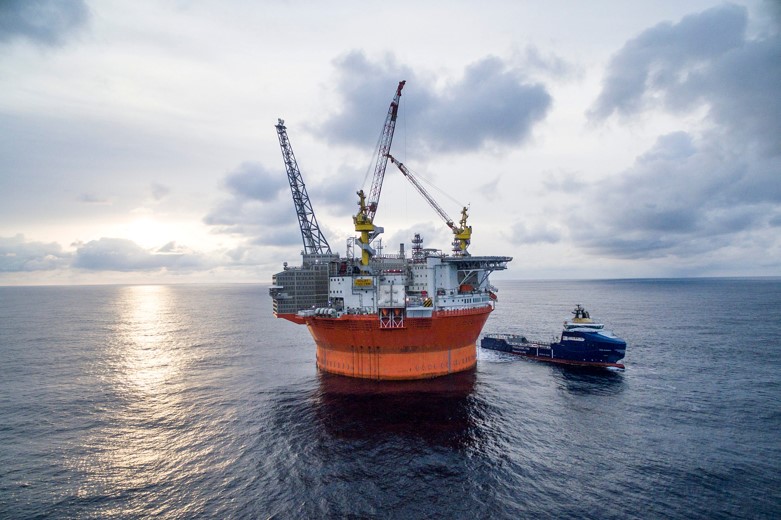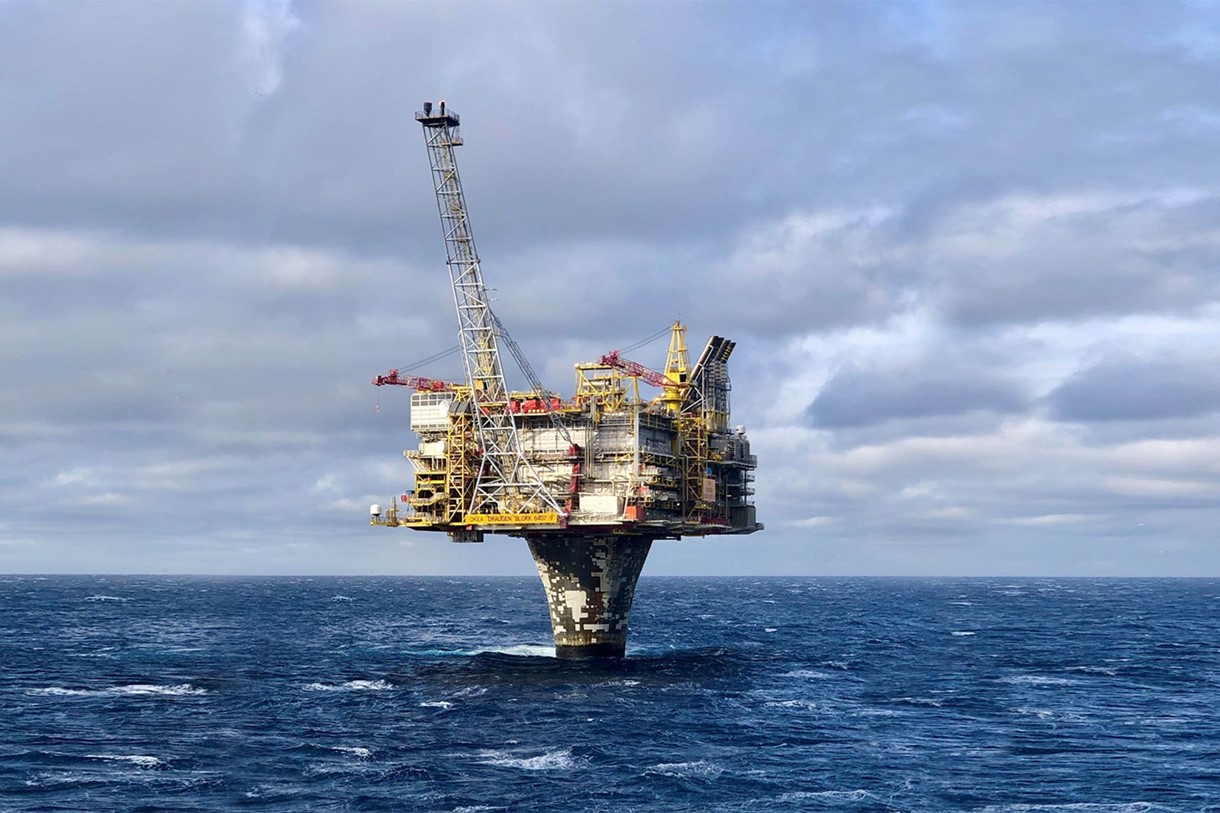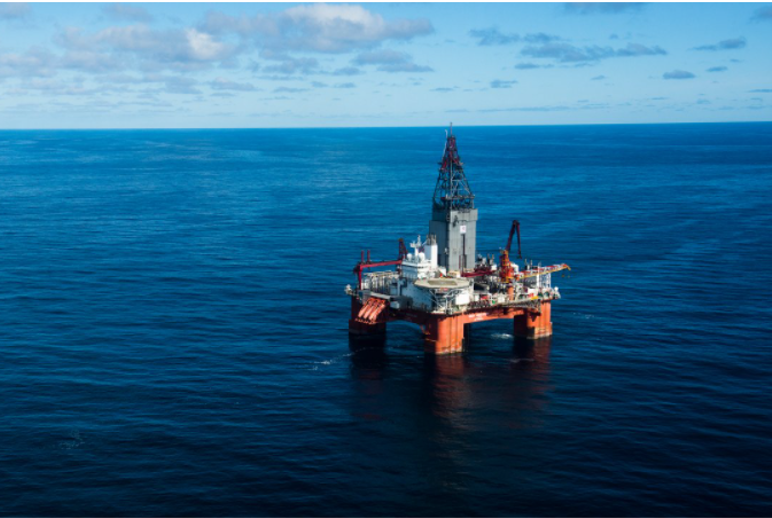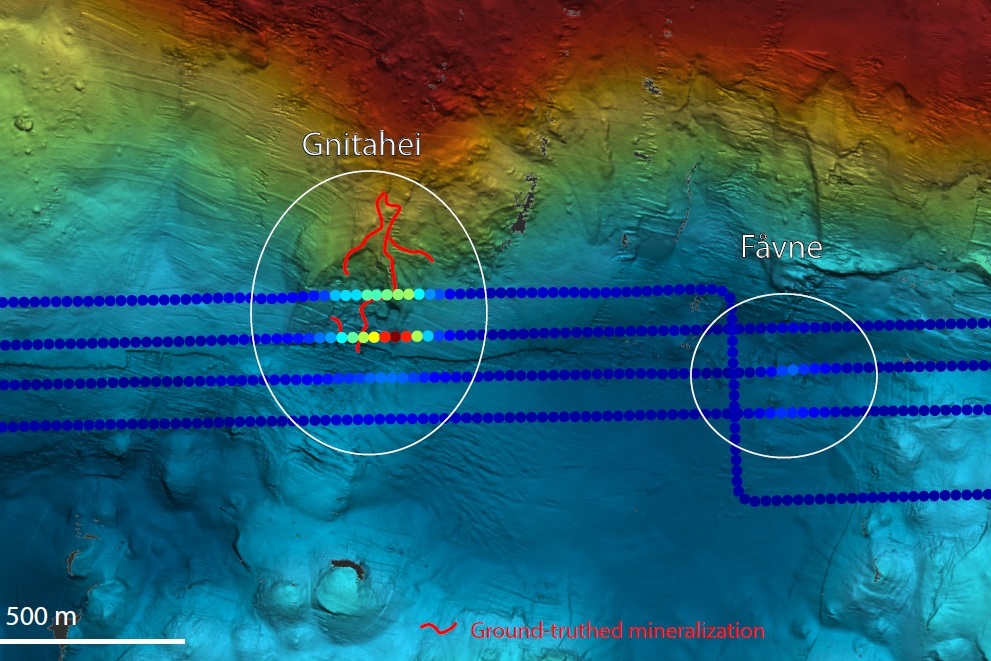“The tax regime change offered by the Norwegian government in order to incentivise upstream investment in the midst of the Covid pandemic was a great anticyclic move that is now reaping the rewards for the Norwegian society, as energy prices are soaring” says Denis Palermo, until very recently the Exploration Director at Vår Energi Norway.
Norway plays a crucial role in the European energy transition, but the perception of the EU population about the progress and the reality is not always aligned.
“In my home country (Germany, ed), I’d sometimes receive critical reactions when I talk about my profession. However, as the current price developments show, there is simply an increasing demand for oil and gas to help economies recover and to achieve the energy transition by phasing out coal, which has still a significant share in the German energy mix,” Palermo says.

“We at Vår Energi are committed to play our part in this transition process, in the most responsible way,” adds Palermo. He explains why the company has been successful last year in terms of exploration: “It is firstly thanks to a fantastic exploration portfolio across the entire NCS and experienced geoscientists that are eager to integrate complex, multidisciplinary subsurface data-sets. The other important element,” adds Palermo, “is a rigorous independent assurance process, combined with systematic high-grading of prospects that only the best ones are being selected for drilling.”
Vår Energi believes in continued Exploration on the NCS and maintains a material activity and investment level for the years to come. With the King Prince discovery, the company has clearly shown that high-value barrels can still be unlocked in one of the first Norwegian exploration hotspots.
Attend the NCS Exploration Strategy Conference, 17-18 November in Stavanger, and hear how operators are shaping up their strategies to find more barrels in mature areas.
Future in the Barents Sea
Vår Energi recently announced the discovery of oil and gas in the Rødhette prospect, drilled about 30 km to the northeast of Goliat. “Volumes were smaller than we hoped for,” admits Palermo, “but with remaining prospectivity in the larger Goliat area we are planning for two further exploration wells to be drilled in the near future.” A new infill drilling campaign on Goliat itself will also extend the life of this important asset.
In the western Barents Sea, Vår Energi is a dominant player and was one of the few companies that secured further acreage in the area in the most recent licensing round. “We do see opportunities in this part of the Barents Sea,” Palermo adds, “and we are carefully working away on the area to mature a number of drilling targets.”
King Prince
As mentioned above, the King Prince discovery announced earlier this year was a clear success for Vår Energi. “Technology integration stood at the heart of the find,” Palermo explains, “as the injectites in the area are just very challenging to image.” Together with the discovery of oil in the Triassic Skagerrak Formation, which is not the easiest reservoir either, Vår is now looking to a phased development of the King Prince discovery. “Production data is key to further understand and systematically unlock the potential of the field,” Palermo adds.
Palermo is now moving on and is starting a position with ENI in Perth, Australia. Looking back at his three years in Norway, he sees at an operator landscape that is above all characterised by great collaboration and positive competition. “Combined with a government that supports and regulates the industry in a visionary way, I can only say that Norway is an outstanding place to do business in,” he concludes.
HENK KOMBRINK





